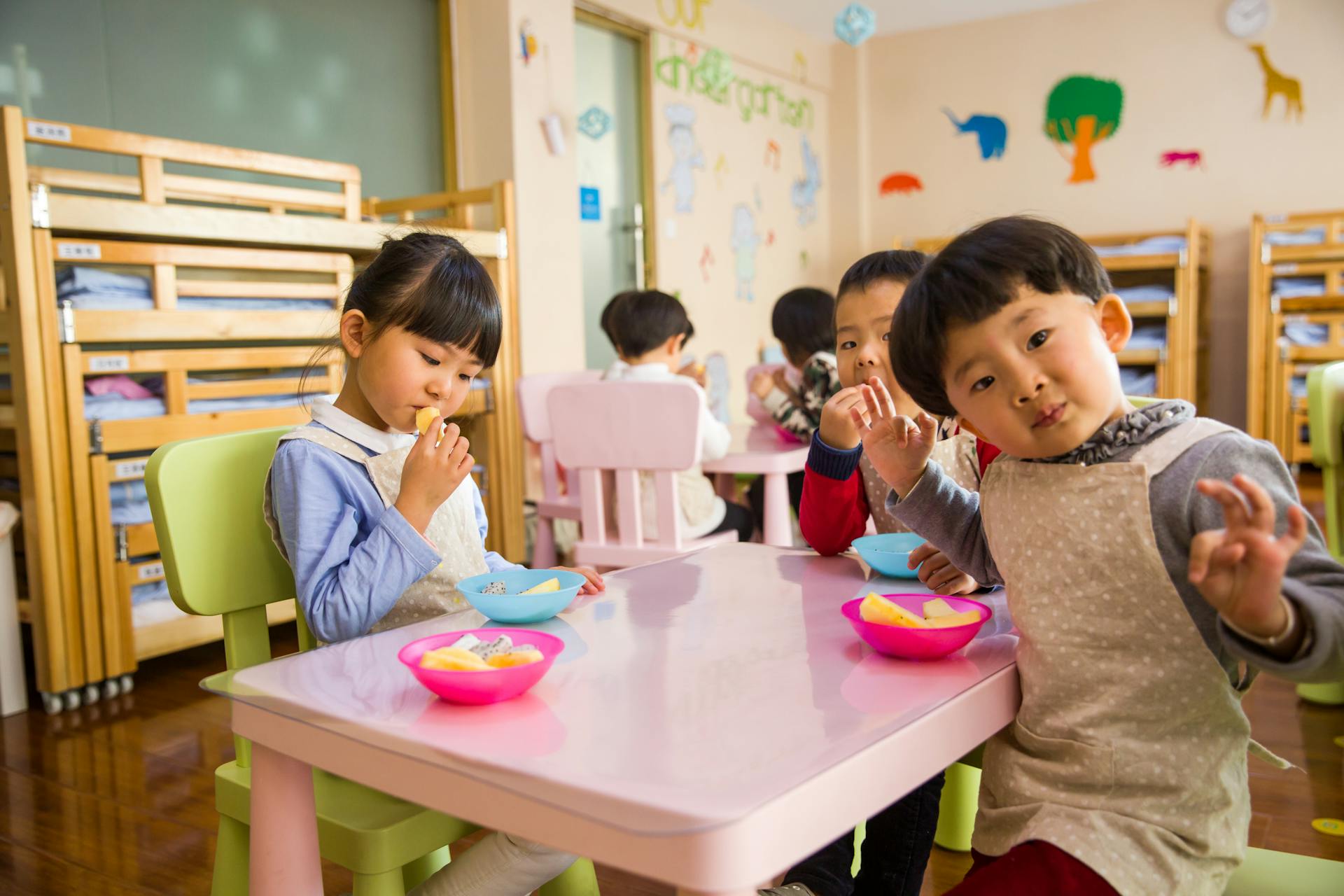Photo by Naomi Shi
As a parent or carer, the well-being and healthy development of your young child is of utmost importance. Raising children can be challenging at times, and having a solid foundation of knowledge and practical tips can make all the difference. Below, we’ll explore essential strategies to help you navigate the exciting journey of caring for young children.
1. Prioritise Emotional Security
Emotional security is the bedrock of a child’s overall development. Provide a safe, loving, and consistent environment where your children feel valued, accepted, and supported. Respond to their emotional needs with warmth, empathy, and patience. Establish routines and rituals that create a sense of familiarity, helping them feel safe and grounded.
2. Encourage Effective Communication
Effective communication is key to developing a strong bond with your child. Listen attentively when they share their feelings, thoughts, and experiences. Respond with understanding and justify their emotions, to create a sense of trust and openness. Ask open-ended questions that prompt them to express themselves and be an active listener, free from judgment.
3. Promote a Healthy Attachment
Attachment is the emotional bond that develops between a child and their primary caregiver. Nurture this bond through physical touch, eye contact, and responsive caregiving. Respond promptly and consistently to your child’s needs, ensuring they feel safe, secure, and understood. This strong attachment lays the foundation for their future relationships and emotional well-being.
4. Use Positive Discipline
Discipline should be a positive and constructive process focused on teaching and guiding rather than punishing. Set clear and age-appropriate boundaries and use positive reinforcement to encourage desirable behaviours. When addressing challenging behaviours, remain calm and use logical consequences that help your child understand the impact of their actions.
5. Nurture Curiosity and Learning
Children are natural explorers, and their curiosity is a catalyst for learning and development. Provide a stimulating environment that encourages exploration, discovery, and problem-solving. Engage them in educational activities, read to them regularly, and take an interest in their passions. Encourage them to ask questions and explore the world around them.
6. Prioritise Physical Health and Well-Being
A child’s physical health and well-being are crucial for their overall development. Ensure they receive proper nutrition, adequate sleep, and regular physical activity. Establish healthy routines and habits from an early age, such as brushing their teeth, washing their hands, and encourage them to participate in age-appropriate exercise. Seek professional medical care when necessary and stay up-to-date with immunisations and check-ups.
7. Encourage Independence and Self Care
As children grow, it’s essential to encourage their independence and self-care skills. Involve them in age-appropriate tasks and responsibilities, such as dressing themselves, cleaning up after playtime, or helping with simple chores. Celebrate their accomplishments and provide positive reinforcement, building their confidence and self-esteem.
8. Seek Help When Needed
Parenting can be challenging, and it’s essential to recognise when you need support. Don’t be reluctant to reach out to family members, friends, or a foster care agency for support, assistance or advice. Also, find out about any financial support you may be entitled to. For example, when fostering with a fostering agency like Active Care Solutions, you will be entitled to financial assistance to help you care for your foster child.
Caring for young children is a journey filled with joy, challenges, and countless opportunities for growth and learning. By employing the tips listed above, you can construct a nurturing environment that supports your child’s physical, emotional, and cognitive development.
Keep up with Project Fairytale





